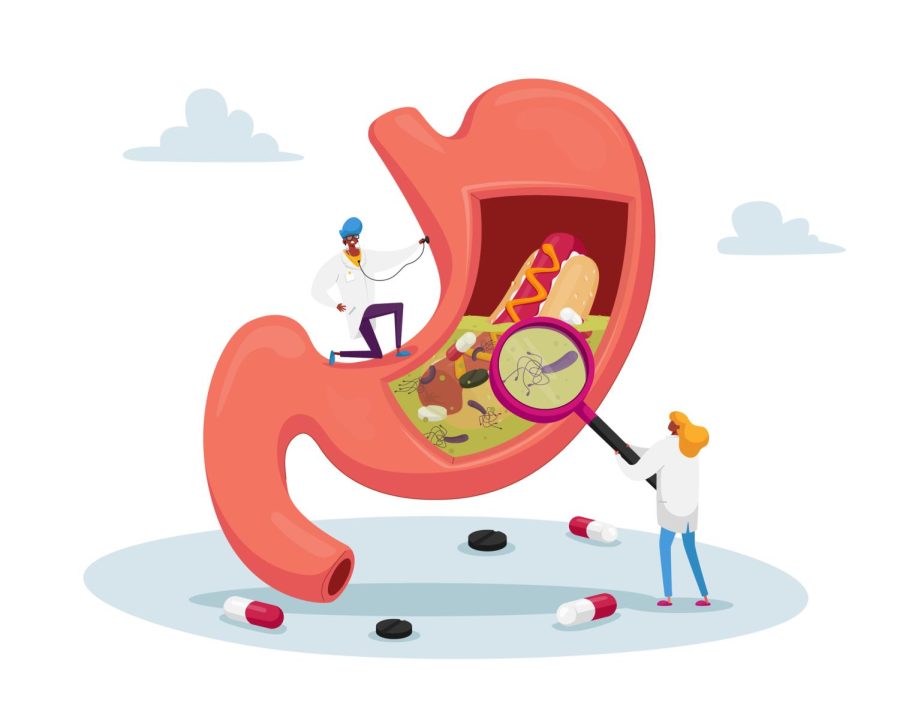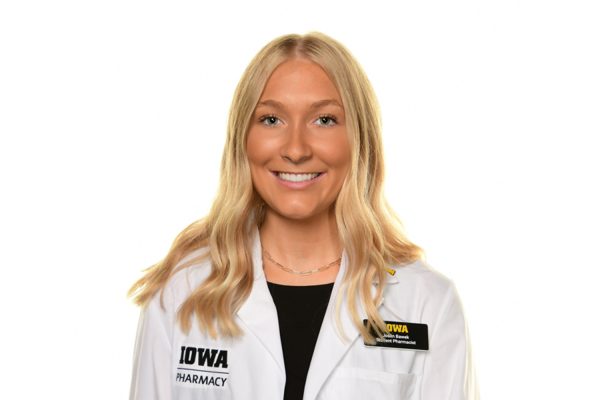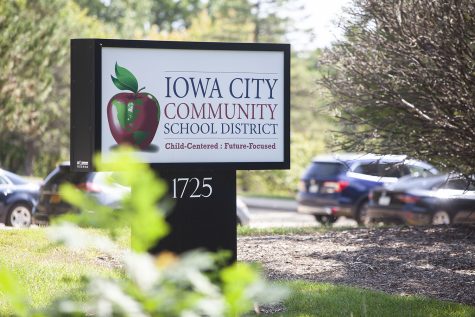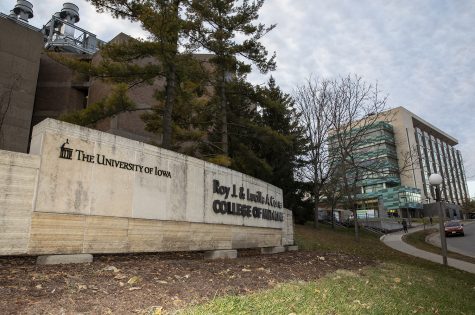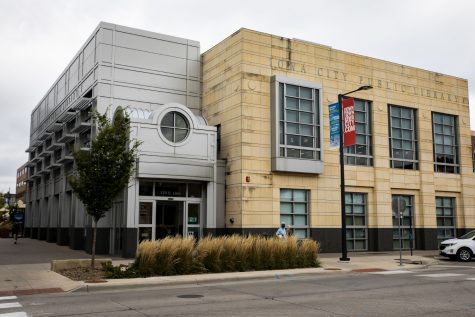Guest Opinion | Combat food insecurity, improve public health, and make money
University of Iowa undergraduate, Ava Cohen, on becoming a First Food Responder.
February 23, 2023
When you think of ways to help food-insecure communities in the U.S., what do you imagine? Food banks? Food drives? Government aid?
The money and food that is typically donated or allocated to these programs is most likely going toward highly processed, inflammatory, canned, and packaged foods that lack the nutrients to feed minds and bodies.
Considering the negative effects that type of food has, what if we told you that there is a direct intervention method that bypasses all of that, provides nutritious and affordable food to those who need it, and supplies you with valuable skills and knowledge you will use for a lifetime?
That method is called First Food Responders. At 23Zip First Food Responders, we train people across the country to respond to emergencies that hit the food-insecure population the hardest.
If you love to cook, help others, and make money while doing it, this is the perfect opportunity for you. Our online self-paced courses educate our responders on basic food safety protocols, nutrition education, how to prepare fresh, local, plant-based meals, and numerous other valuable subjects. With access to a variety of educational courses, you hold the potential to achieve certification and continuing education credit in whichever areas of study interest you most.
All of the programs we offer bolster your entrepreneurial business and leadership skills and even give options to pursue a future master’s degree in applied community security following the completion of all the courses.
We will teach you how to create nutritionally balanced meal plans that can be successfully adapted to various emergencies. By learning how and why our food directly correlates to our mental and physical wellbeing, you will be able to serve the food-insecure in your own community in the best way possible: by providing nutritious foods that will help their bodies prevent, reduce, or reverse most diseases.
Our programs will not only strengthen your resume for future employers, but the experience itself will gift you with the knowledge and ability to address real world scenarios with professionalism and sophistication, a skill that cannot be taught.
Become a First Food Responder and give yourself a chance to make a positive change in your life and in the lives of those you serve, one meal at a time.
- Ava Cohen, University of Iowa College of Liberal Arts and Sciences
Columns reflect the opinions of the authors and are not necessarily those of the Editorial Board, The Daily Iowan, or other organizations in which the author may be involved.



